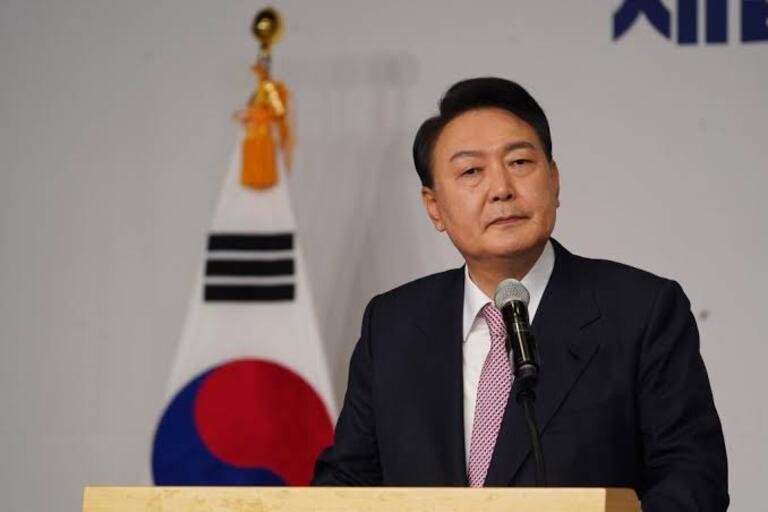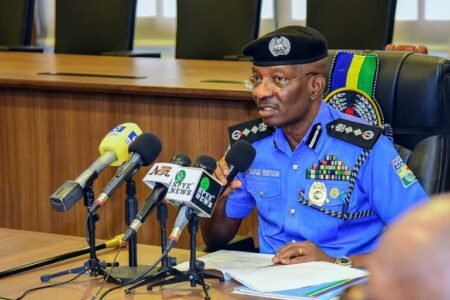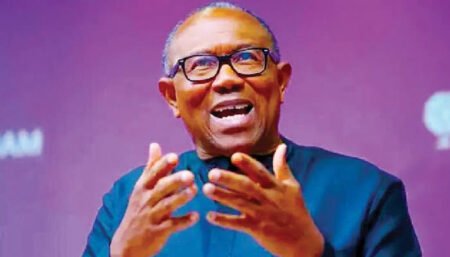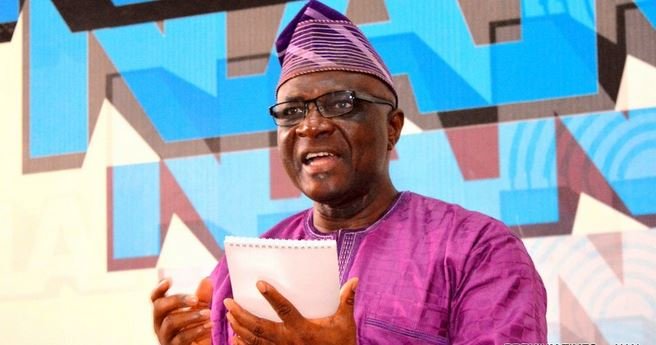A South Korean court gave authorities approval on Tuesday to detain impeached President Yoon Suk Yeol in a criminal investigation into his martial law decree, marking the first time that a sitting president of the country has faced arrest.
The Corruption Investigation Office for High-ranking Officials (CIO) confirmed the Seoul Western District Court approved an arrest warrant requested by investigators examining Yoon’s short-lived imposition of martial law.
Yoon, who has been suspended from office, is facing investigation on allegations that he was the leader of an insurrection, one of the few criminal charges from which a South Korean president does not have immunity.
Separately, his trial on impeachment is being heard at the Constitutional Court.
The arrest warrant for an incumbent president is unprecedented, and deepens the political crisis that has engulfed South Korea, Asia’s fourth-largest economy and a key US ally.
Prime Minister Han Duck-soo, who took over from Yoon as acting president, has also been impeached by parliament, which is dominated by the opposition.
Finance Minister Choi Sang-mok, who took over as acting president after Han’s impeachment, has been dealing with Sunday’s crash of Jeju Air flight 7C2216, which killed 179 people in the deadliest air disaster on South Korean soil.
The current arrest warrant is viable until Jan. 6, and gives investigators only 48 hours to hold Yoon after he is arrested. Investigators must then decide whether to request a detention warrant or release him.
Once arrested, Yoon is expected to be held at the Seoul Detention Center, Yonhap news agency said, citing the CIO.
Yoon Kab-keun, a lawyer for the impeached president, said the arrest warrant was illegal and invalid because the CIO did not have the authority under South Korean law to request a warrant.
He said the president’s legal team will file for an injunction at the Constitutional Court to stop the warrant.
Hundreds of Yoon supporters gathered outside his residence on Tuesday to protest against the warrant, some tussling with police.
The district court issued the warrant due to the likelihood that Yoon will not respond to summons without a justifiable reason, and there being a substantial reason to suspect Yoon of a crime, Yonhap said. The court declined to comment.
With report from Reuters











